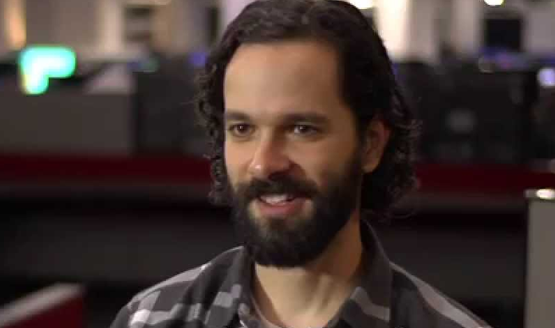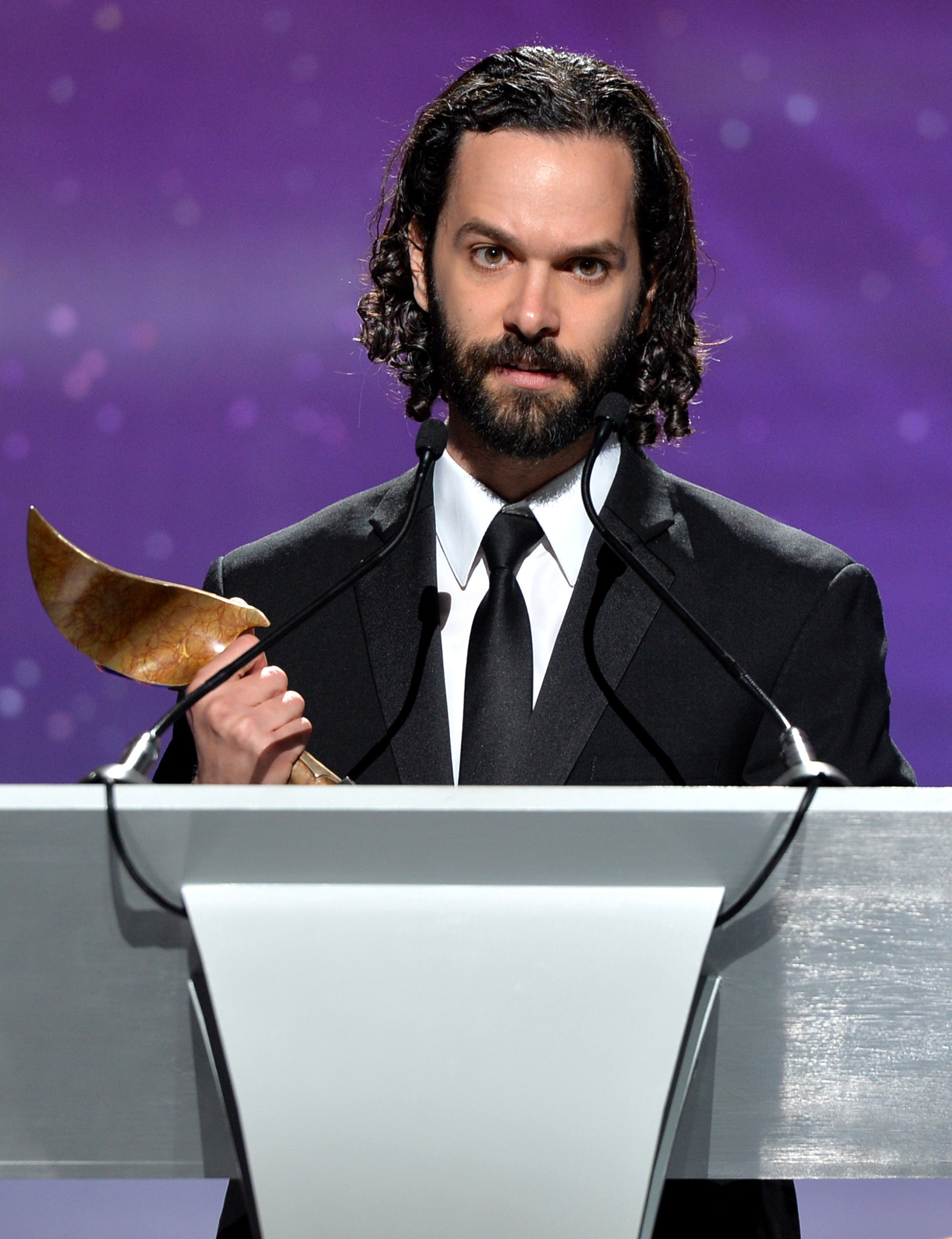
Neil Druckmann, Vice President of Naughty Dog and the creative director behind The Last of Us and Uncharted 4, is a developer that most fans of video games are probably already familiar with. Druckmann has received a plethora of prestigious awards and nominations, including several from the Writer’s Guild of America and the BAFTAs. If you’ve played any of the games he’s worked on, you’ll likely know that his work stands for itself. If not, though, I’ll outline some of the ways in which Druckmann has helped to shape the contemporary gaming industry, drawing attention to some of the most influential things that he has accomplished.
In an interview with Cory Balrog, who was the developer that the first Dev Spotlight was based on, Druckmann explained his philosophy on writing in four words: “simple story, complex characters.” As a major fan of The Last of Us, I can’t help noticing how true a statement this is. The Last of Us tells an utterly compelling story, but it’s the characters like Ellie, Joel, Tess, Sam, and Max that truly bring the narrative to life. Even the despicable David is an incredibly well-written character, as his complex arc evokes rage, discomfort, and disgust in the player.
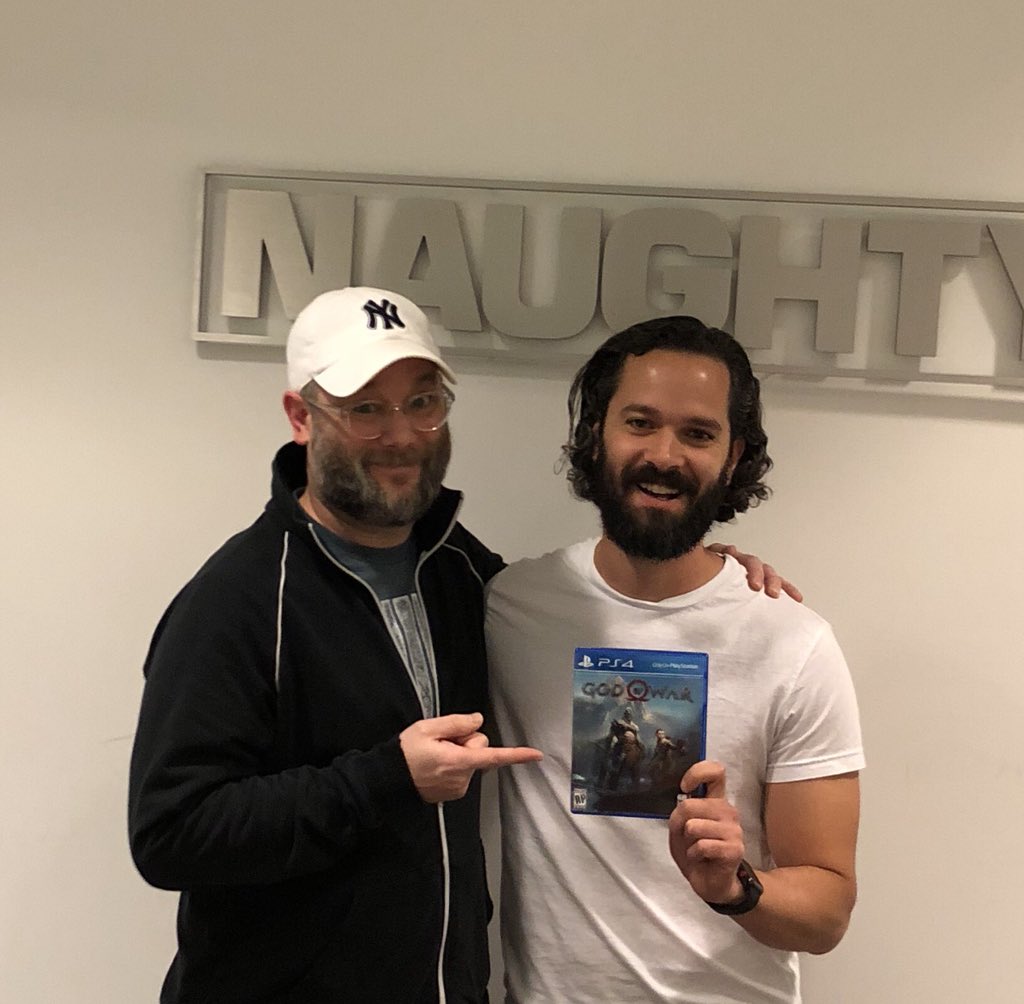
Speaking to GameSpot, Druckmann expanded on his simple philosophy, emphasizing minimalism as an essential part of successful writing. When writing, he regularly asks himself, “What is this scene really about? What’s the least we have to say or do to convey that and no more?” This is all part of a larger-scale rule that Druckmann abides by—to write “honestly” at all times. The gravity of his games is likely derived from their innate sincerity, which exists as a result of his endeavors to write truthful and meaningful characters. No one is two-dimensional. Everything in the games serves a purpose, and all of the purposes are independently believable.
With The Last of Us Part II just around the corner, it’s only natural that Druckmann has shared some of the influences that him and the Naughty Dog team are drawing from this time around. An IGN article on the DICE 2018 panel “Crafting Narratives for Video Games, Film, and Television” contains the following:
There’s a show on Netflix called The End of the F***ing World, which is so well written and acted and quirky, and has been totally inspiring for some of the stuff we’re doing in [The Last of Us 2]—more on the dialog stuff.
This is an interesting spin on the influences that were drawn from for The Last of Us. At the DICE 2018 panel, Druckmann discussed the humane dystopia of Children of Men, the 2006 film adaptation of P.D. James’ iconic novel. Although The Last of Us features an airborne infection, it isn’t a dystopia that draws from outside of the world. As J.G. Ballard once said, “the world itself is alien enough.” Druckmann’s honest writing makes ostensibly inhumane characters and situations feel uncomfortably tangible, highlighting the humanity paradoxically imbued in what we perceive as inhumane. The Last of Us absolutely excels in this department.
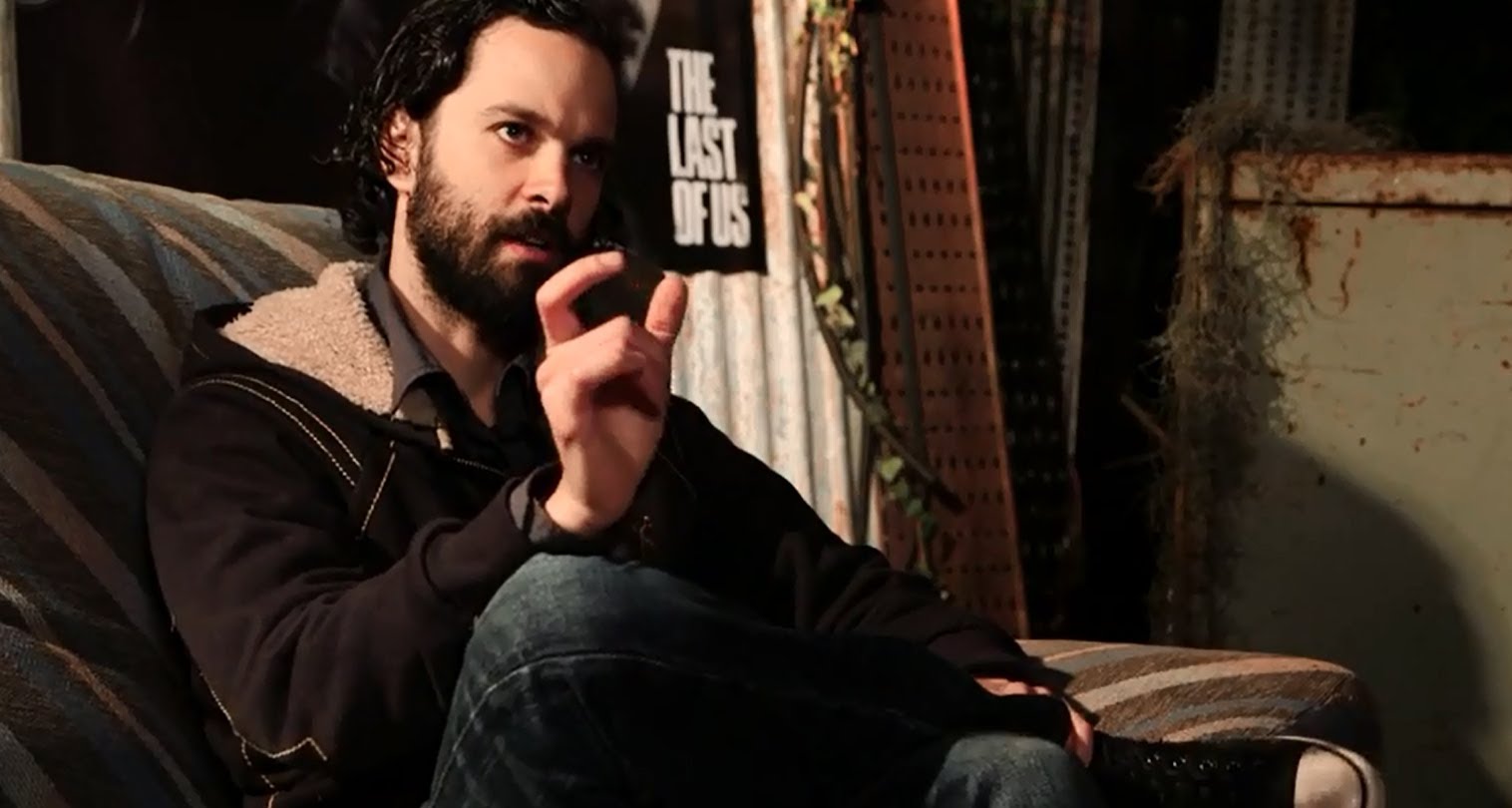
GamesRadar reported on Druckmann’s thoughts on this depiction of humanity’s capability to appear inhumane. The Last of Us is an amazing game, but it isn’t one that you could truly call “fun.” Druckmann said: “For us, with The Last of Us specifically (Uncharted is a little different in our creative approaches), we don’t use the word ‘fun.’ We say ‘engaging,’ and it might seem like a minor distinction, but it’s an important one for us.” The Last of Us is an emphatically engaging game, but not in the way that some others are. It’s uncomfortable and heartbreaking, yet you can’t help seeing it through until the very end. I’ve played The Last of Us five times when I was going for the Platinum trophy, and I’m not really sure how I managed that. On the fourth and fifth playthroughs, I skipped some of the more painful cutscenes. That testifies to their power.
This power is intentional, though. In the same piece, Druckmann is reported as having said, “Our aesthetic approach to violence is to make it as grounded and real as possible, and we watch – sometimes uncomfortably – a lot of videos from the world, right? The world that we know, and trying to say, ‘Okay, we don’t want to make it sexy. How do we make it real? How do we make it uncomfortable because art at times should be uncomfortable?'” The unpalatable discomfort is an essential part of The Last of Us, That’s how it achieves what it sets out to do. It makes you embrace the darker recesses of “what if?” while allowing you to tap into your parental instincts as your relationship with Ellie evolves. It’s brutally beautiful, warmly nihilistic, and truly affecting.
It isn’t all serious with Druckmann, though. Sometimes, he’s open to engaging with a bit of “fun.” The scene that springs to mind immediately is the one from Uncharted 4, which he discussed at the 2018 DICE panel. Originally intended to be centered on a dance, the scene in which Nate and Elena play Crash Bandicoot together came from a joke in the studio. The joke evolved and the scene was implemented as soon as Sony got the rights back for Crash Bandicoot. And what a great scene that was.
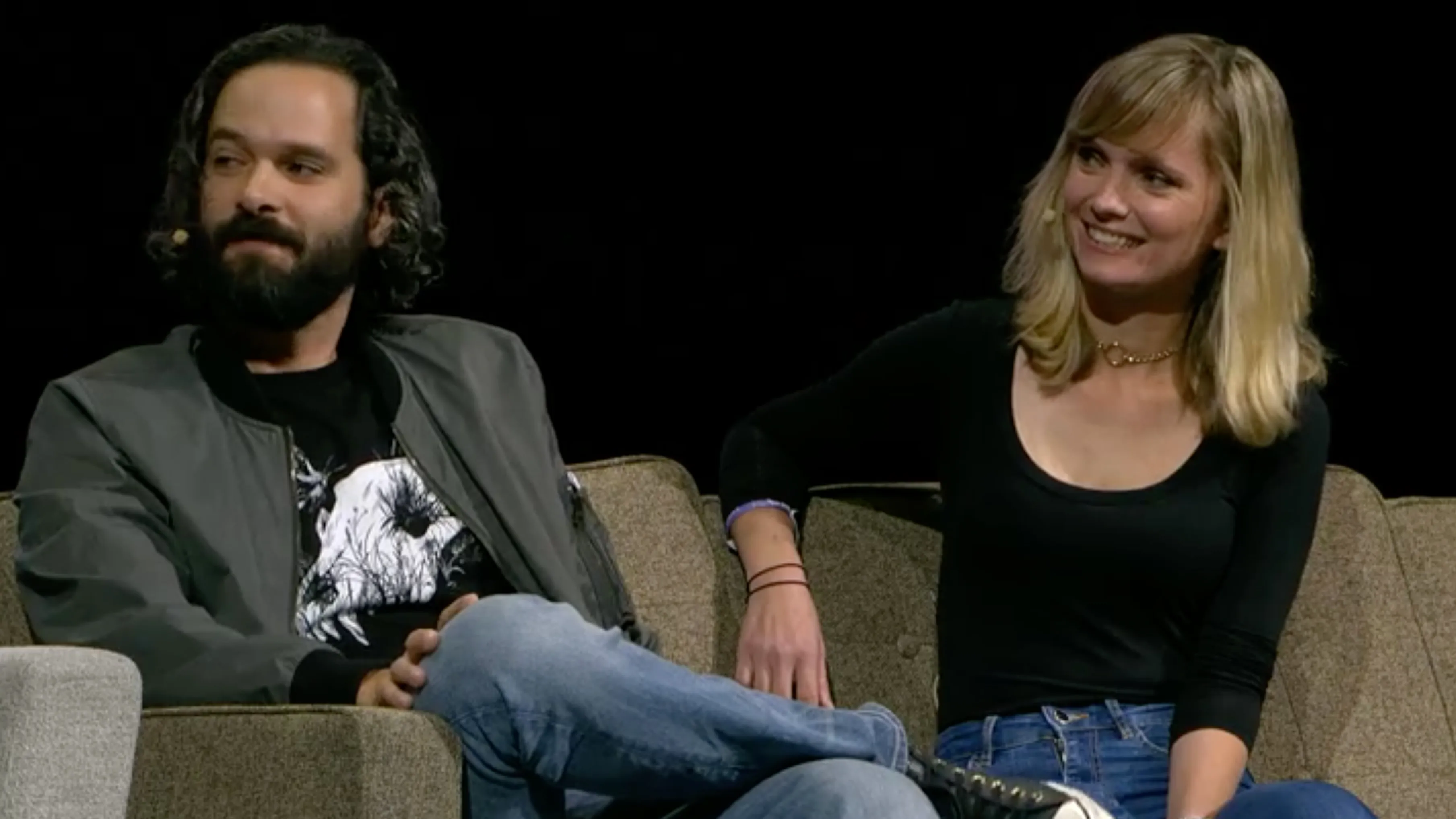
Sometimes, art needs to be uncomfortable. Sometimes, there’s room for “fun.” Druckmann’s “honest” writing and simple philosophy of “simple story, complex characters” are part of the reason as to why he can strike the balance between the two. Perhaps this is why his games are as powerful as they are.
